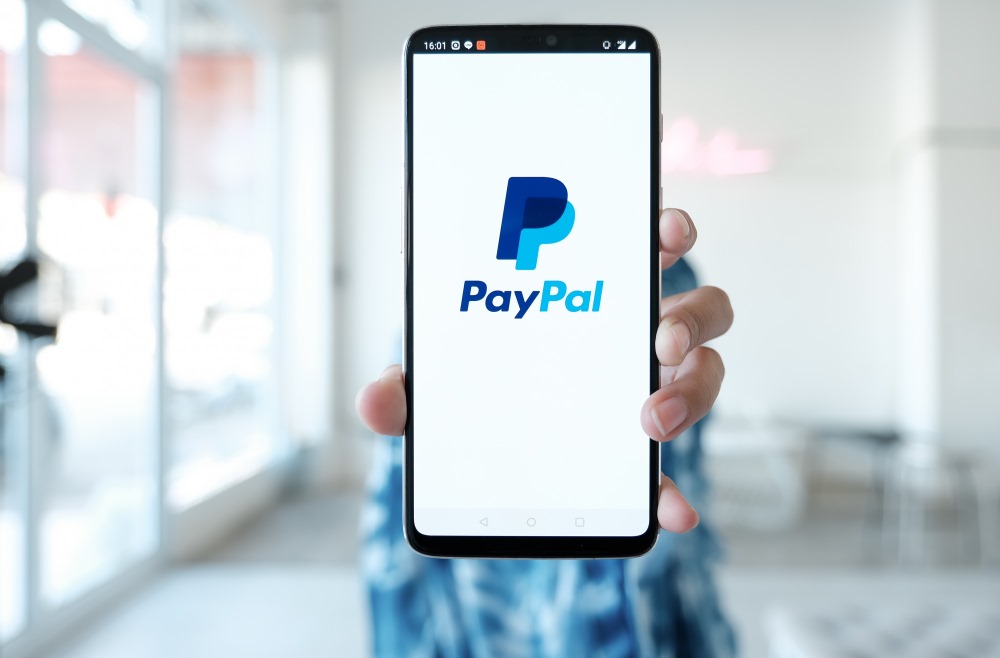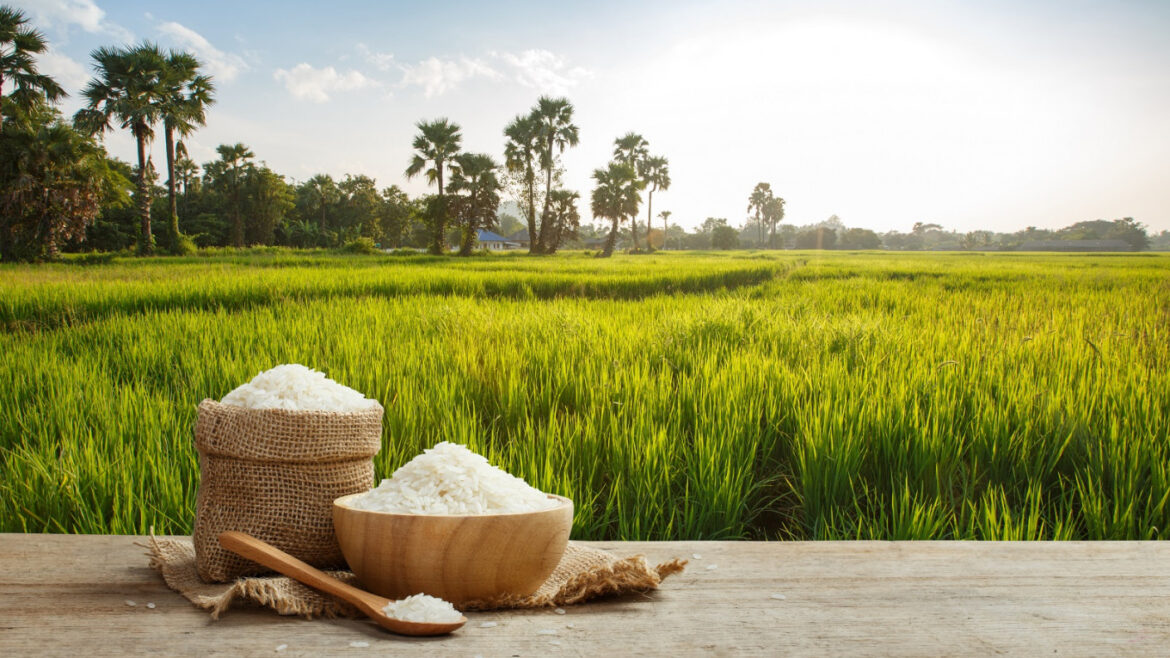The Special Investment Facilitation Council (SIFC) has completed its second year with a major achievement for Pakistan’s digital economy. It has officially launched PayPal services for freelancers in Pakistan — a long-awaited move that makes international payments easier and faster.
With more than 1.5 million freelancers working in the country, this step will help improve online payments and financial access for many.
How the New PayPal System Works
This new PayPal service for freelancers started as a trial earlier this year. It allows 10,000 freelancers to receive payments from international clients through an approved partner. There’s no need to open a PayPal account.
Freelancers now get their payments directly into local bank accounts. This makes the process simpler, quicker, and more reliable for Pakistan’s freelance workers.
More Support for Freelancers and IT Companies
Besides PayPal, SIFC has made other big moves to help Pakistan’s digital sector grow:
-
43 IT Parks opened across the country, with modern offices for startups, tech companies, and freelancers. New centers are also coming soon in Islamabad and Karachi.
-
Over 10,000 E-Rozgar centers set up, designed to train and support 50,000 freelancers every year.
-
Global tech giants like Google, Microsoft, and Cisco have increased their investments in Pakistan’s IT and telecom sectors. This has helped push IT exports beyond $3.2 billion.
Better Payment Options for International Business
The government has also introduced special foreign currency bank accounts for freelancers and IT companies. These accounts, along with a 50% dollar retention policy, allow people to save half of their international earnings in foreign currency.
A five-year technology partnership with China is also in progress. This deal focuses on skills training, industrial upgrades, and growing Pakistan’s tech industry.
Why This Matters for Pakistan’s Digital Future
The launch of PayPal for freelancers isn’t just about money transfers — it’s a smart, forward-thinking move. It shows Pakistan is serious about becoming a strong player in the global digital economy.
With a fast-growing freelance community, better infrastructure, and rising global investment, Pakistan is ready to compete and grow in the digital world.
Conclusion:
As SIFC’s second year wraps up, projects like PayPal services, new IT parks, and E-Rozgar centers are helping Pakistan’s digital economy thrive. These changes will help freelancers, IT businesses, and the entire country succeed in the growing online market.
Pakistan is no longer catching up — it’s leading the way in digital growth.


